Not wanting Black coworkers to be given the same positions and pay, a contingent of Philadelphia Transit Company (PTC) workers staged a wildcat strike on August 1, 1944.

African American men protest the racially-motivated Philadelphia Transit Company strike in August 1944. Source: Making History Productions / Hidden City
According to the Equal Justice Initiative (EJI),
White PTC employees James McMenamin, James Dixon, Frank Thompson, and Frank Carney led the strike and threatened to maintain the protest until the Black workers were demoted. The strike grew to include over 6,000 workers, prevented nearly two million people from traveling, and cost businesses almost $1 million per day.

In this Aug. 6, 1944 photo an armed soldier stands guard in the back of a trolley in Philadelphia. President Franklin D. Roosevelt sent troops to break up a strike by transit workers who were protesting the hiring and promotion of African-Americans. (AP Photo/John Lindsay). Source: Philadelphia Magazine
Bart Everts writes for Hidden City,
The strike effectively shut down Philadelphia, one of the key centers of defense related manufacturing, at a crucial moment in World War II. The action halted the city’s war production, as workers were unable to get to the Navy Yard and factories throughout the city. Philadelphia was the third largest producer of war materials (about one of every six dollars spent here), and the military and federal government quickly took notice. The threat of a major disruption was so severe that the Roosevelt Administration intervened, ending the strike after a week. But before it was over, the strike galvanized the progressive Transport Workers Union (TWU), in favor of integration, and ignited a protest movement for equal rights in the workplace.
According to an article at Temple University Libraries,
The strike ended on Monday, August 7, 1944. Except for the four leaders of the strike who were fired and arrested, Philadelphia Transit Company employees resumed work on Monday morning, and the trains began to run as usual. The eight Black motormen were instructed to remain at home on Monday, until the transit system was working again without a hitch. The eight returned to work on Wednesday, August 9, and began their training.
EJI notes, “By September 1944, the PTC’s first Black trolley drivers were on duty.”
Additional Resources
Six Degrees of Joan Countryman: a Lifetime of Civil Rights Connections by Amy Cohen (Hidden City)
Race and the Roots of Philly Transit Strikes by Sandy Smith (Philadelphia Magazine)

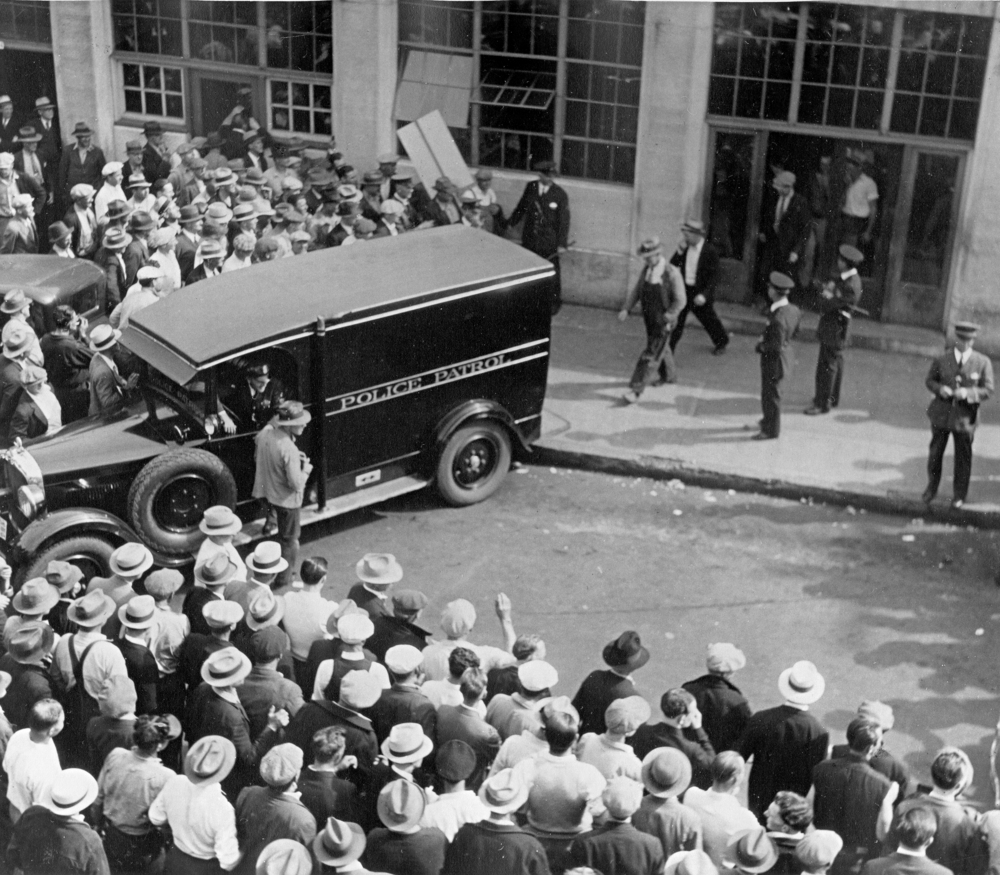
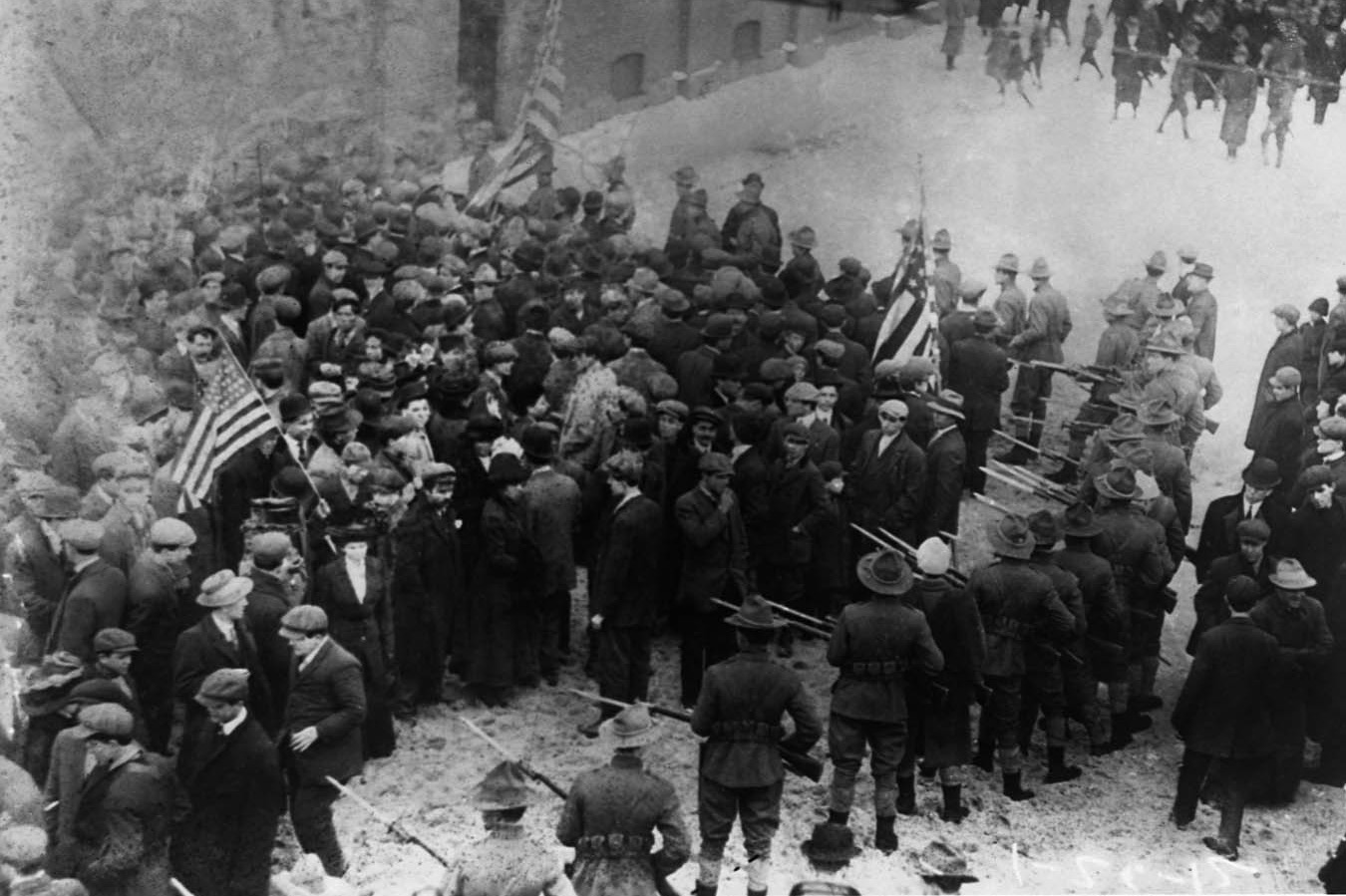

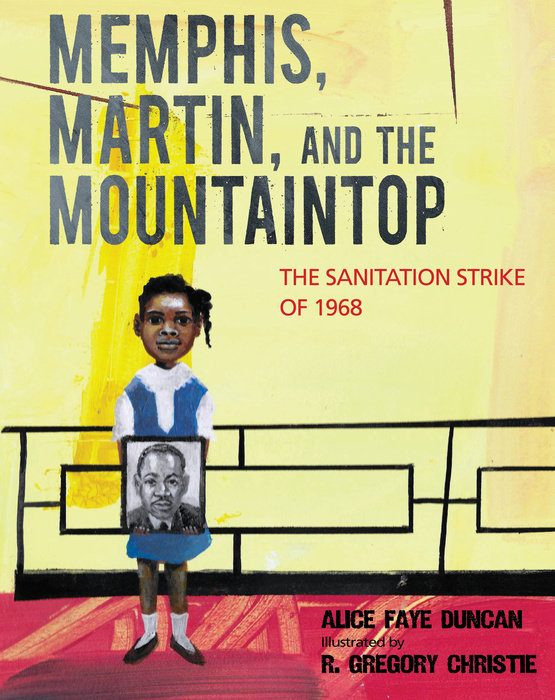
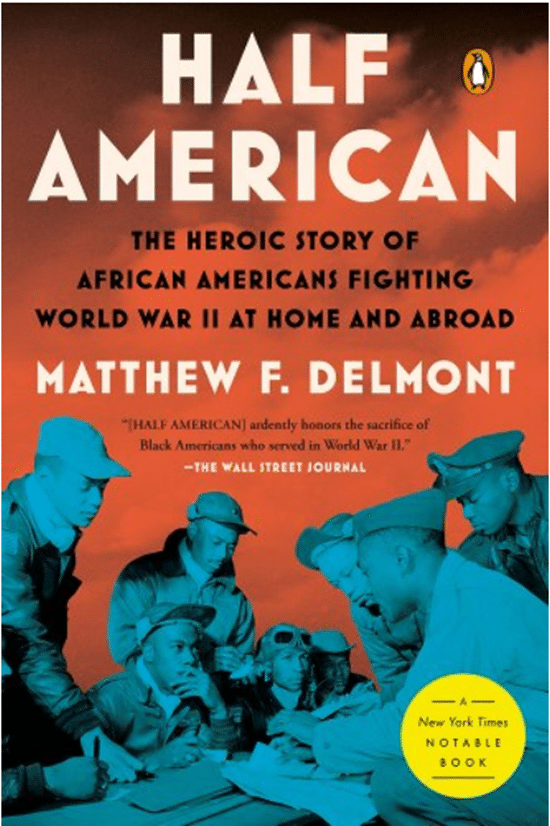
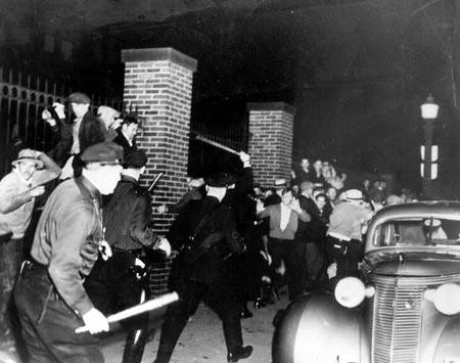
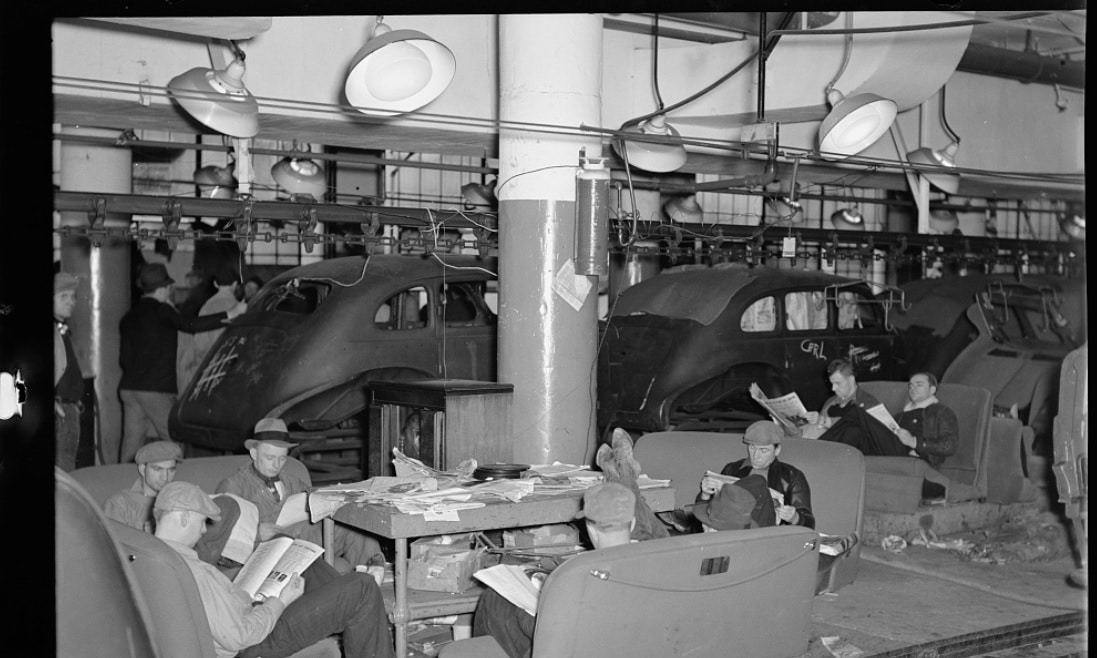
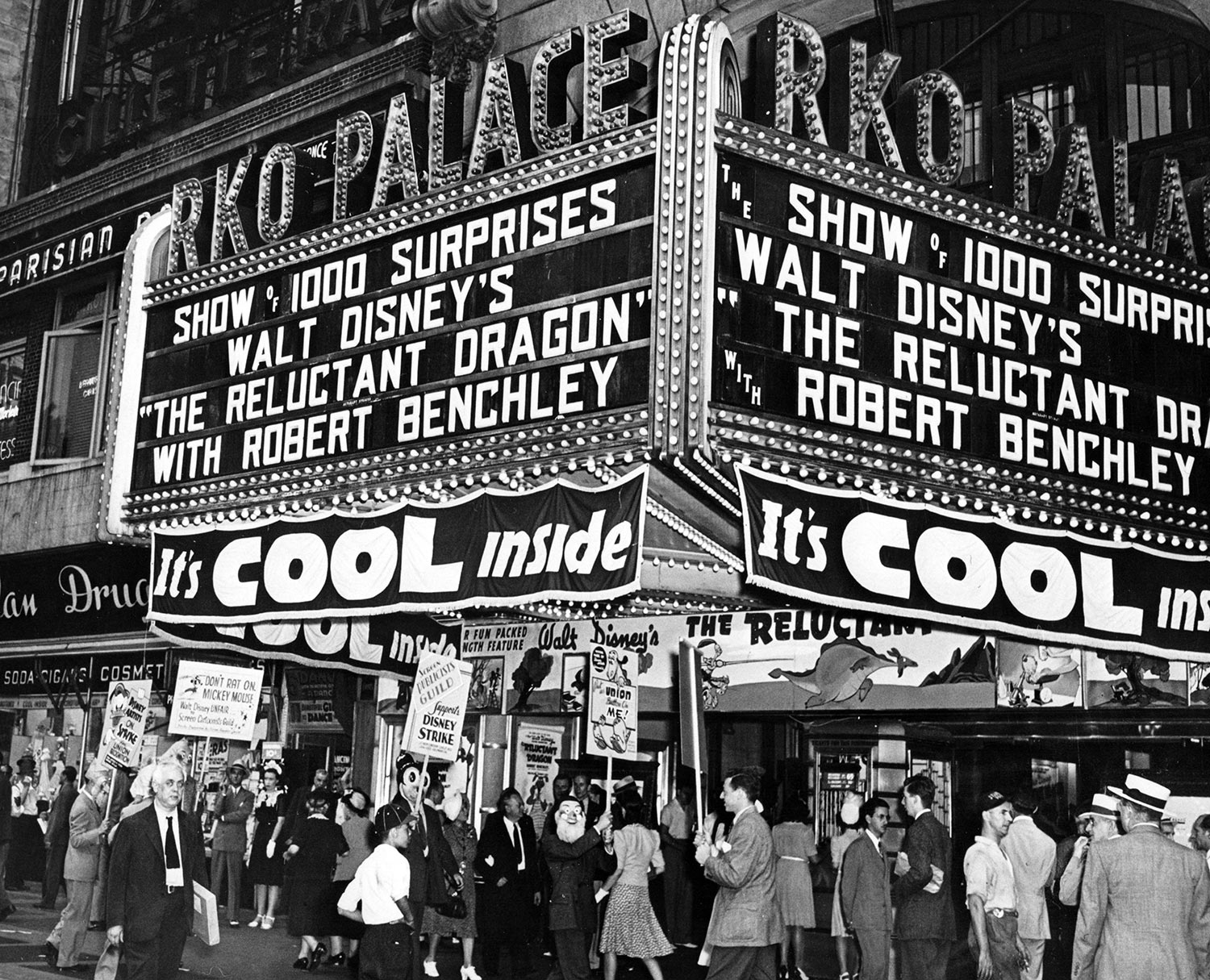
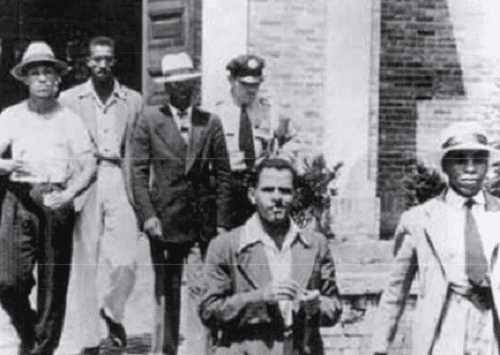





Twitter
Google plus
LinkedIn